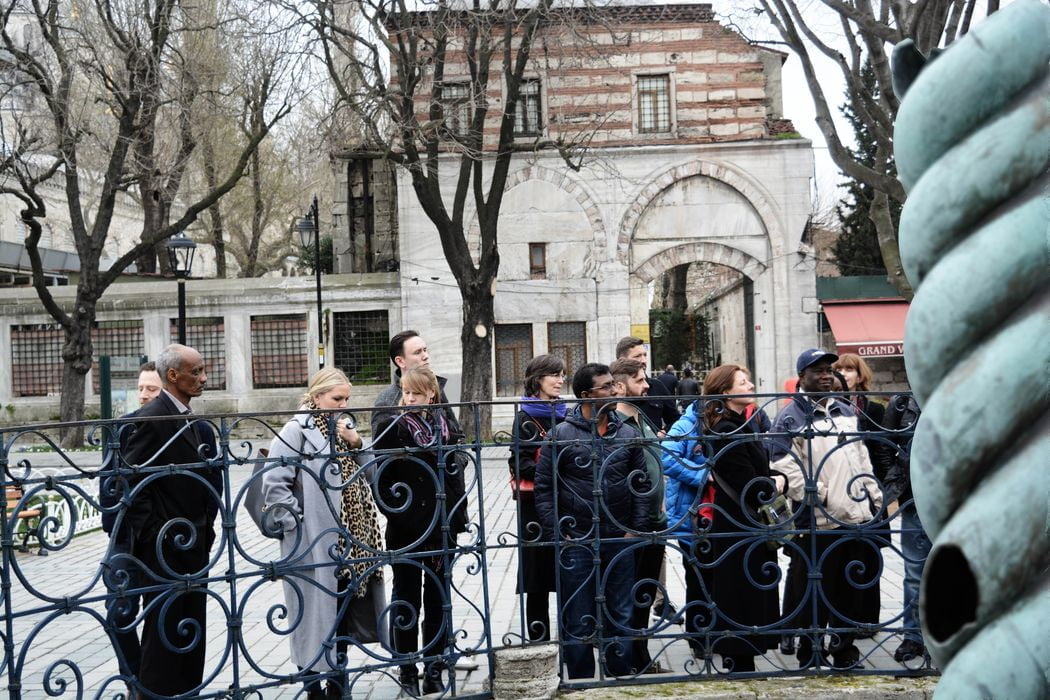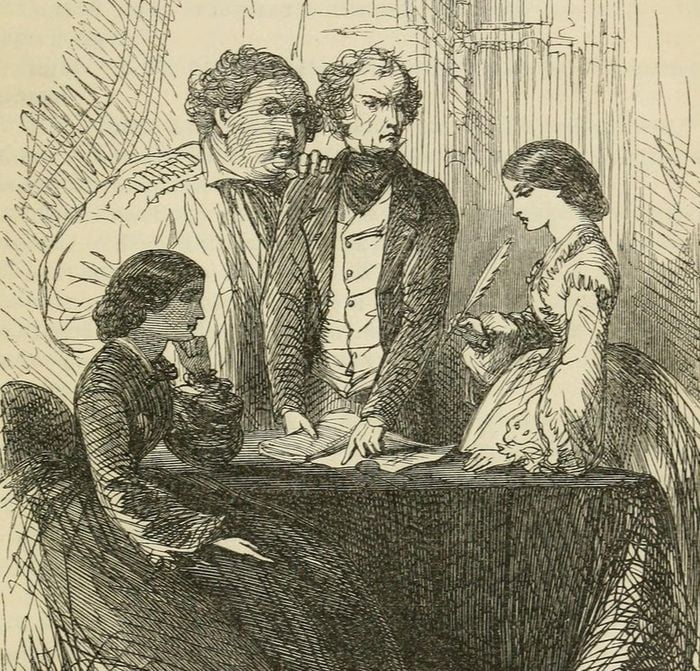Whatever his father’s claims to aristocratic forebears, Michael Psellus grew up in the milieu of a middle-class family. His writings, and particularly his funeral oration for his mother, reveal a fair amount about his childhood and his own personal appearance and castes. In physique he resembled his father who had merry eyes and well defined eyebrows and was handsome as a ‘well-grown cypress’. But his father’s even-tempered disposition and quiet way of life, moving from day to day as silently and smoothly ‘as flowing oil’, were not inherited by the son.
In outlook and temperament he was more like his mother who was clearly the mainspring of the family. Psellus says that she was attractive and ‘like the rose needed no further adornment’; she was also energetic, of quick intelligence, and above all a devout Christian. She certainly bequeathed her dynamic qualities to her son, though his subtlety of approach was in contrast to her more simple adherence to the Christian faith, and his achievements in intellectual fields, however much they owed to her early efforts and encouragement, were in substance his alone.
Born in Constantinople in 1018 he grew into an exceedingly alert, intelligent child and he was brought up on Homer as Greek children were and are. His mother managed to prolong his education until he was in his teens and then the need to provide a dowry for his sister made it difficult to support him any longer.
Private tutor in Constantinople
He became a clerk to a provincial judge, but on the unexpected death of his sister he returned to Constantinople and continued his studies. He was taught by John Mauropous, afterwards Archbishop of Euchaita, but then a private tutor in Constantinople. John, both from Psellus and from other sources, is revealed as a single-minded scholar and a man of great integrity. He evidently coached a number of clever young men, all of whom later made their mark and remained firm friends with each other and with their tutor.
John Xiphilinus became Head of the Faculty of Law in the University of Constantinople, then monk and Abbot of a monastery in Asia Minor, and finally Patriarch of Constantinople. Constantine Ducas, another well-known member of the group, eventually succeeded to the throne as Constantine X. Constantine Psellus – he later changed the name of Constantine for that of Michael by which he is usually known – managed to make his way in court circles and the story of his rise to power can be read in his Chronographia and filled out from other contemporary sources.
Read More about The Lay of the Two Lovers part 2








